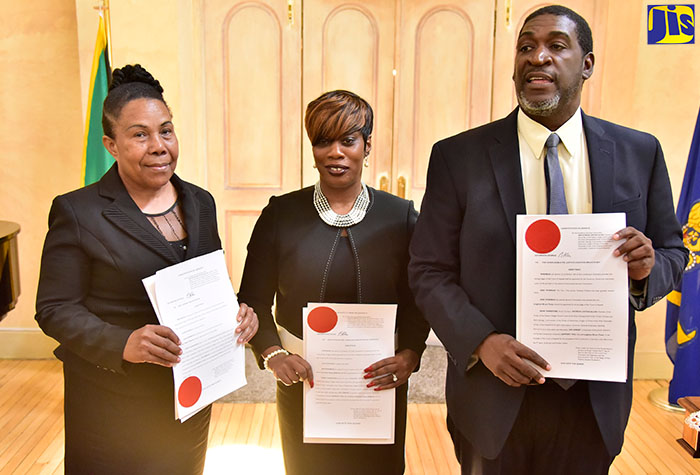

What matters is that two people wish desperately that it happen, are drawn to one another by an overwhelming instinct and know in their hearts that it is right.

And from such ‘reasonable’ marriages, there flowed loneliness, rape, infidelity, beating, hardness of heart and screams heard through the nursery doors.įor Romanticism, the marriage of reason was not reasonable at all, which is why what it replaced it with – the marriage of feeling – has largely been spared the need to account for itself. For most of recorded history hitherto, people had fallen into relationships and married for logical pragmatic sorts of reasons: because her parcel of land adjoined yours, his family had a flourishing grain business, her father was the magistrate in town, there was a castle to keep up, or both sets of parents subscribed to the same interpretation of a holy text. – Romanticism believed that choosing a partner should be about letting oneself be guided by feelings, rather than practical considerations. (Romantics put a special premium on the idea that our partner might understand us without us needing to say anything …). The right partner would, it promised, understand us entirely, possibly without needing to speak to us. – Romanticism proposed that true love must mean an end to all loneliness. Without necessarily meaning to, Romanticism made infrequent sex and adultery into catastrophes. Frequent, mutually satisfying sex became the bellwether of the health of any relationship. Romanticism elevated sex to the supreme expression of love.

Previously, people had imagined that they could have sex with characters they didn’t love, and that they could love someone without having extraordinary sex with them. – Along the way, Romanticism united love and sex. Romanticism took marriage (hitherto seen as a practical and emotionally temperate union) and fused it together with the passionate love story to create a unique proposition: the life-long passionate love marriage. The feelings of love that we are familiar with at the start of a relationship are expected to prevail over a life-time. It tells us that a long-term marriage can have all the excitement of a love affair. – Romanticism is deeply hopeful about marriage. No single relationship ever follows the Romantic template exactly, but its broad outlines are frequently present nevertheless – and might be summed up as follows: Romanticism emerged as an ideology in Europe in the mid-eighteenth century in the minds of poets, artists and philosophers, and it has now conquered the world, powerfully (yet always quietly) determining how a shopkeeper’s son in Yokohama will approach a first date, how a scriptwriter in Hollywood will shape the ending of a film, or when a middle-aged woman in Buenos Aires might decide to call it a day with her civil servant husband of twenty years. Since around 1750, we have been living in a highly distinctive era in the history of love that we can call Romanticism. Love has a history and we ride – sometimes rather helplessly – on its currents.
#PLOT OF WILL AND GRACE SUPREME COURTSHIP HOW TO#
Our loves unfold against a cultural backdrop that creates a powerful sense of what is ‘normal’ in love it subtly guides us as to where we should place our emotional emphases, it teaches us what to value, how to approach conflicts, what to get excited about, when to tolerate, and what we can be legitimately incensed by. Yet the history of humanity shows us so many varied approaches to love, so many different assumptions about how couples are supposed to get together and so many distinctive ways of interpreting feelings, we should perhaps accept with a degree of grace that the way we go about our relationships must in practice owe rather a lot to the prevailing environment beyond our bedrooms. To fall in love with someone feels like such a personal and spontaneous process, it can sound strange - and even rather insulting - to suggest that something else (we might call it society or culture) may be playing a covert, critical role in governing our relationships in their most intimate moments.


 0 kommentar(er)
0 kommentar(er)
